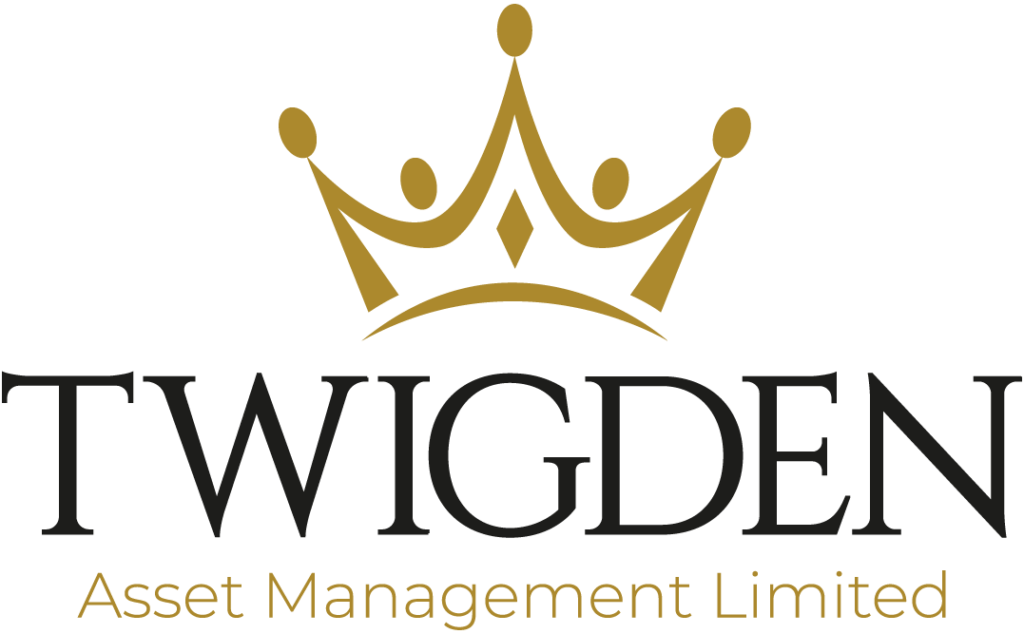Thinking of privately educating your child?
Private school fees have once again increased this year, with an average termly fee of £12,000 (£36,000 per year) for boarding schools and £5,064 (£15,191 per year) for day pupils1.
A lifetime endeavour
As data from the Independent Schools Council shows, sending your child to private school is a significant financial commitment – for many families, it could be their biggest expense after their homes. So, having a saving mindset from day one (contributing regularly to savings accounts and encouraging family members to do the same, for example), or even building up an investment portfolio for those with longer to save, could soon help those funds build up. Investments have the potential – although this is not guaranteed – to outstrip the returns you’ll get from savings accounts.
Getting tax-efficient
Using up those tax-free exemptions and allowances (for example the £20,000 ISA allowance), enables parents to save or invest without paying tax on their interest or returns; they can also make withdrawals without incurring tax. Grandparents can also lower their Inheritance Tax (IHT) liability through lifetime gifts – and see the benefits their money is having while they’re still around.
Other money-raising methods
Other ways of funding your child’s education include borrowing (either via a personal loan or remortgaging your property) and withdrawing your 25% tax-free lump sum from your pension if you are over the age of 55. Remember that your own financial security is also important, so make sure you still have enough to fund your retirement.
When you are making a significant and long-term financial commitment, it really is advisable to consult a professional, who can help you achieve your savings goals without compromising your own financial future – so please do get in touch.
1ISC, 2021
The value of investments and income from them may go down. You may not get back the original amount invested.
